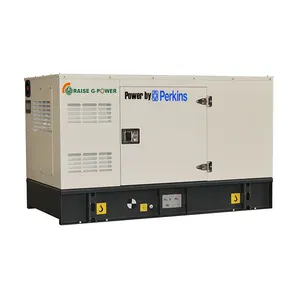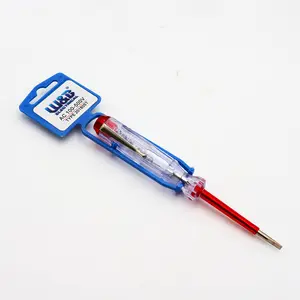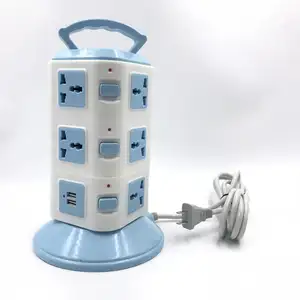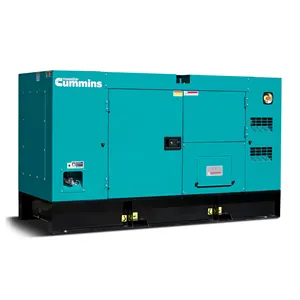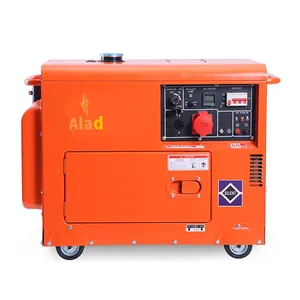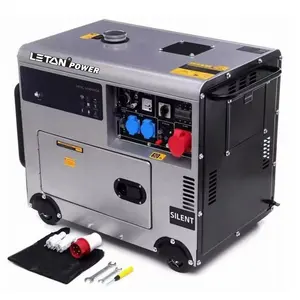Popular in your industry














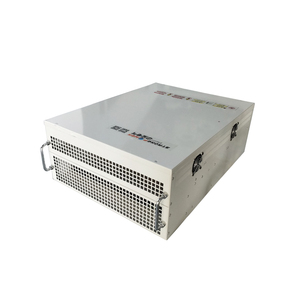





















































Related Searches:












































































































































Top categories
About active harmonic filter price
Understanding the Cost of Harmonic Filters
Harmonic filters play a crucial role in power quality by managing harmonics, which are multiples of a system's fundamental frequency. They are vital for safeguarding sensitive equipment from harmonic distortions, ensuring the purity of electrical power supply. These filters are commonly deployed in environments with non-linear loads that introduce harmonics, potentially disrupting control systems and causing equipment failures prematurely.
The core principle of harmonic filters is to create a low-impedance path for harmonics to follow, preventing their spread through the power system. Typically composed of reactive elements like capacitors and inductors tuned to resonate at harmonic frequencies, when a harmonic current enters the filter, these components establish a high-impedance route at the harmonic frequency, diverting the current through the filter rather than allowing it to affect the system unchecked.
Harmonic filters cater to diverse users such as industrial facilities, commercial establishments, and utility providers aiming to maintain efficient and reliable power systems. By mitigating harmonic distortion, these filters enhance power quality, reduce energy expenses, and mitigate equipment damage risks.
Categories of Harmonic Filter Costs
Harmonic filters are available in various types to meet distinct applications and system demands:
-
Single-Tuned Harmonic Filter Cost: These filters target a narrow frequency range around a center frequency, effectively addressing specific harmonics in power systems to uphold electricity quality for consumers.
-
Dual-Tuned Harmonic Filter Cost: With two adjustable frequency bands, these filters offer flexibility in tackling different harmonics, proving beneficial in complex power systems requiring multi-harmonic solutions.
-
High-Pass Harmonic Filter Cost: Allowing higher frequency harmonics to pass while blocking lower frequencies, high-pass filters are ideal for systems needing efficient filtering without impacting the fundamental frequency.
-
Low-Pass Harmonic Filter Cost: In contrast, low-pass filters enable lower frequency harmonics to pass while blocking higher frequency components, suitable for systems where the dominant harmonic is at a lower frequency than the first filter stage.
-
Active Harmonic Filters: Equipped with real-time control components, active harmonic filters adjust their parameters dynamically to address changing load conditions, offering sophisticated solutions for continuous harmonic mitigation.
Choosing the Right Harmonic Filter Cost
When selecting a harmonic filter for business applications, several key considerations determine optimal performance and cost-effectiveness.
It is crucial to understand the specific harmonic content of the application to decide between an active or passive filter. Active filters provide precise control over specific frequency ranges but entail higher initial costs and potential maintenance issues. Passive filters may be preferable when harmonic content is less critical, emphasizing cost efficiency.
Additionally, material quality is vital for durability and operational longevity. Materials like steel and stainless steel, known for strength and corrosion resistance, ensure reliability, especially in challenging environments.
Lastly, assessing the supplier's customization capabilities is advantageous when standard products do not align with the application's exact needs. Businesses should seek suppliers offering tailored solutions or technical support to effectively integrate their products.
Exploring Harmonic Filter Costs on Alibaba.com
Alibaba.com serves as a leading online marketplace offering a wide range of harmonic filter costs tailored to diverse requirements. This platform's extensive selection caters to businesses of all sizes, providing cost-effective solutions for smaller operations and cutting-edge technologies for larger enterprises, aligning with their business objectives.
In addition to product diversity, Alibaba.com streamlines the purchasing process with features like mobile buying options and multilingual support, simplifying global sourcing. The platform's order handling and delivery services ensure secure transactions while upholding high standards of reliability and trust.
Alibaba.com's commitment to facilitating global trade empowers small and medium-sized businesses with tailored online trade solutions that evolve with their needs. With a user-friendly interface and specialized services for businesses at every growth stage, Alibaba.com serves as a reliable sourcing partner, offering unique trading experiences that drive business growth.
Frequently Asked Questions about Harmonic Filter Costs
What is a harmonic filter and how does it work?
A harmonic filter is an electronic filter designed to allow specific frequencies to pass through a circuit, selectively blocking or allowing signals within a set frequency range, thereby attenuating frequencies outside that range.
When should I use a harmonic filter?
Harmonic filters are essential when a circuit must permit only certain frequencies to pass through, commonly used in applications like radio communication, audio equipment, and electronic testing where signal purity is critical.
What are the key factors to consider when selecting a harmonic filter?
Key factors include the filter's frequency range, attenuation, insertion loss, and potential for interference or noise in the system, varying based on specific application requirements.
How do I know if I need a passive or active harmonic filter?
Passive filters suit applications requiring only the fundamental frequency to pass through, while active filters offer precise control over frequency responses, suitable for applications demanding such functionality.
What is the difference between fundamental and non-fundamental frequencies in harmonic filters?
Fundamental frequencies are exact multiples of the fundamental frequency and its harmonics (e.g., 50Hz, 100Hz), while non-fundamental frequencies are either the fundamental frequency (e.g., 50Hz) or higher-order multiples (e.g., 1000Hz), crucial for filtering specific harmonic levels.
Can I customize a harmonic filter for specific application needs?
Yes, harmonic filters are often customizable concerning frequency range, size, and performance characteristics to meet specific application requirements.
Are there standard sizes for harmonic filters or are they all custom-made?
Harmonic filters can be standard or custom-made, with standard filters available in predetermined sizes and specifications, while custom-made filters are tailored to specific system or application requirements.
What industries commonly use harmonic filters?
Harmonic filters find common usage in industries like telecommunications, audio processing, military equipment, and electronic testing setups, where precise signal integrity control is essential.
What should I look for in a supplier of harmonic filters on Alibaba.com?
When sourcing from Alibaba.com, consider suppliers with positive reviews, industry experience, and those offering Trade Assurance to ensure quality and secure transactions.
How does temperature affect the performance of a harmonic filter?
Temperature can impact a harmonic filter's performance by causing component expansion or contraction, affecting its characteristics. Selecting a filter rated for the relevant temperature conditions is crucial.
What does insertion loss mean in the context of harmonic filters?
Insertion loss refers to the signal loss occurring when a device is inserted into a circuit or system. Lower insertion loss in harmonic filters is preferable as it preserves signal strength better than higher loss levels.
What does 'attenuation' mean in the context of harmonic filters?
Attenuation signifies the reduction in signal amplitude, decreasing the magnitude of unwanted harmonics or noise in harmonic filters without affecting desired fundamental frequencies.
How do I determine if a harmonic filter will be suitable for my application?
To ascertain the suitability of a harmonic filter for your application, evaluate factors like frequency range coverage, interference management requirements, space limitations, necessary attenuation levels, and potential customization needs.
